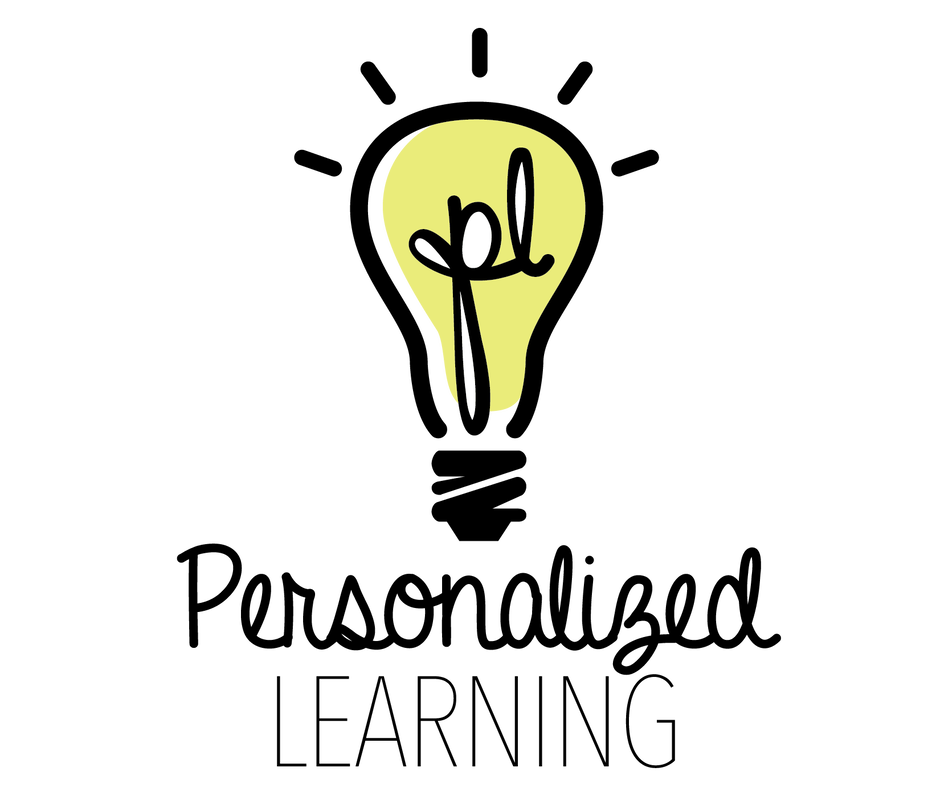Look-fors by indicator to be used during a campus visit
Not PL Ready/ PL Ready |
Consistent Practice/ Personalized |
|
Understanding the Whole Child |
|
|
Social Emotional Competencies |
|
|
Aligned Instructional + Assessment Practices |
|
|
Restorative Practices |
|
|

